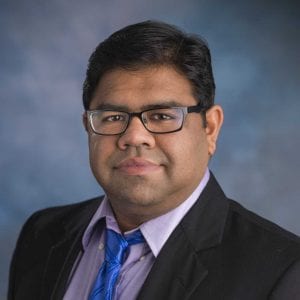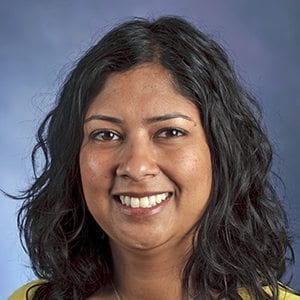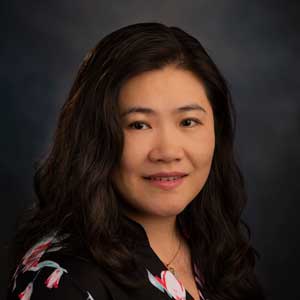
Dr. Ashwin Ashok is an Assistant Professor in the Dept. of Computer Science at Georgia State University (GSU) since Spring 2017 and direct the MORSE Studio. His research group focuses on emerging technologies in Mobile and Robotic Systems through experiential research. His work spans areas in communications and networking, robotics, environmental systems and privacy/security. He completed my postdoctoral research from Carnegie Mellon University in 2016 and my Ph.D. from Wireless Information Network Lab (WINLAB) at Rutgers University in 2014. His thesis pioneered camera–based communication through a novel concept called visual MIMO. He has founded and continues to co–chair the ACM Wearable Systems and Applications (WearSys) workshop since 2015. He serves on the program committee for several ACM and IEEE conferences and journals, Editor for Elsevier Vehicular Communications, Guest Editor for the special issue on Visible Light and Camera Communications in MDPI Electronics journal, and in the working committee for IEEE P1920.2 (Vehicle to Vehicle Communications for Unmanned Aircraft Systems) standard.


